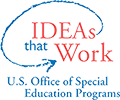Oregon publishes award winning report on educator equity.
In 2018, the Oregon Legislature launched the Educator Advancement Council (EAC) to establish educator networks to help school districts in their respective regions improve systems designed to support educators at each stage of their career from recruitment through teacher leadership and career advancement. The new system was designed to lead change from the inside out by engaging frontline educators in collaboration with community resources to build on past successes, and adapt support to meet the needs of today’s education workforce and students.
The group’s mission statement related to educator equity states:
The presence of teachers of color in Oregon classrooms is severely limited. Research has shown when students of color have educators who mirror their demographics, all students benefit. The Oregon Educator Equity Advisory Group (OEEAG) is committed to diversifying the educator workforce and improving cultural responsiveness in schools. We do this by:
· Reviewing data at the district level and documenting progress of current initiatives and
· Recommending new statewide investments and engaging the public to identify needed changes.
This group then developed a plan based on consideration of increasing:
(a) Educator retention; (b) Educator diversity; (c) Mentoring and coaching of educators; (d) Participation in educator preparation programs; and (e) Educator scholarships.
This plan resulted in the Oregon Educator Equity Report, which received the 2019 Diversified Teaching Workforce Research Award from the American Association of Colleges for Teacher Education (AACTE). The research leadership embodied by Oregon’s report advances the current understanding of how to diversify the teacher workforce to enhance educational opportunities for all students.
This document is available here: 2019 Educator Equity Report
View the 2020 Educator Equity Report
 This website was produced under U.S. Department of Education, Office of Special Education Programs, Award No. H325A220002. David Guardino serves as the project officer. The views expressed herein do not necessarily represent the positions or policies of the U.S. Department of Education. No official endorsement by the U.S. Department of Education of any product, commodity, service, or enterprise mentioned in this website is intended or should be inferred.
This website was produced under U.S. Department of Education, Office of Special Education Programs, Award No. H325A220002. David Guardino serves as the project officer. The views expressed herein do not necessarily represent the positions or policies of the U.S. Department of Education. No official endorsement by the U.S. Department of Education of any product, commodity, service, or enterprise mentioned in this website is intended or should be inferred.
